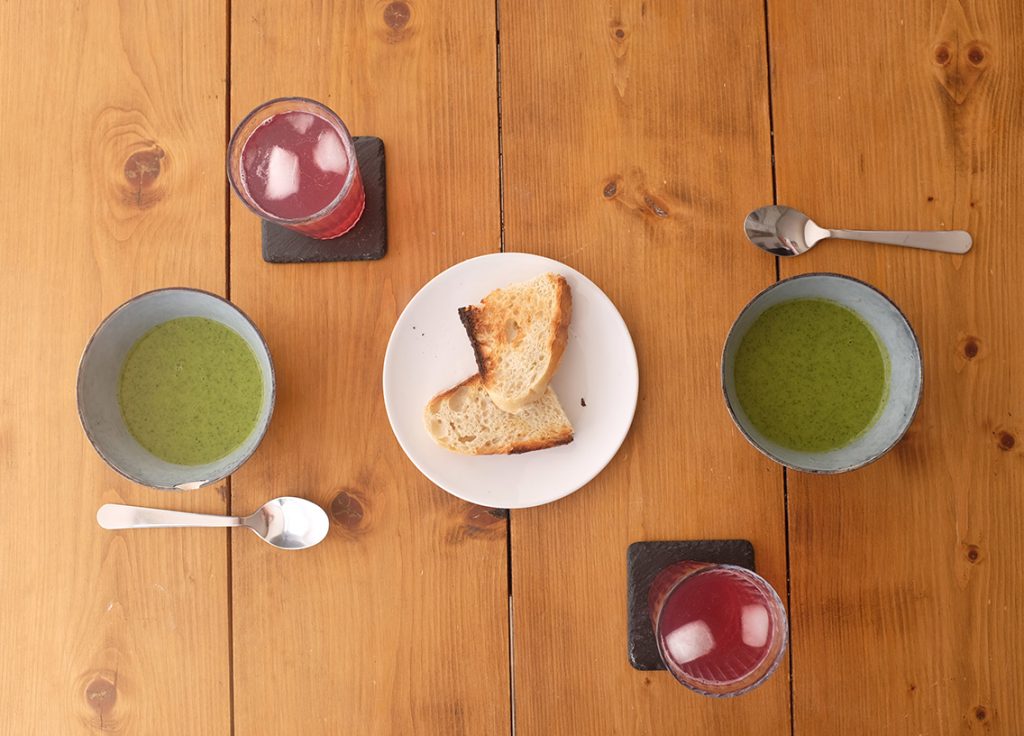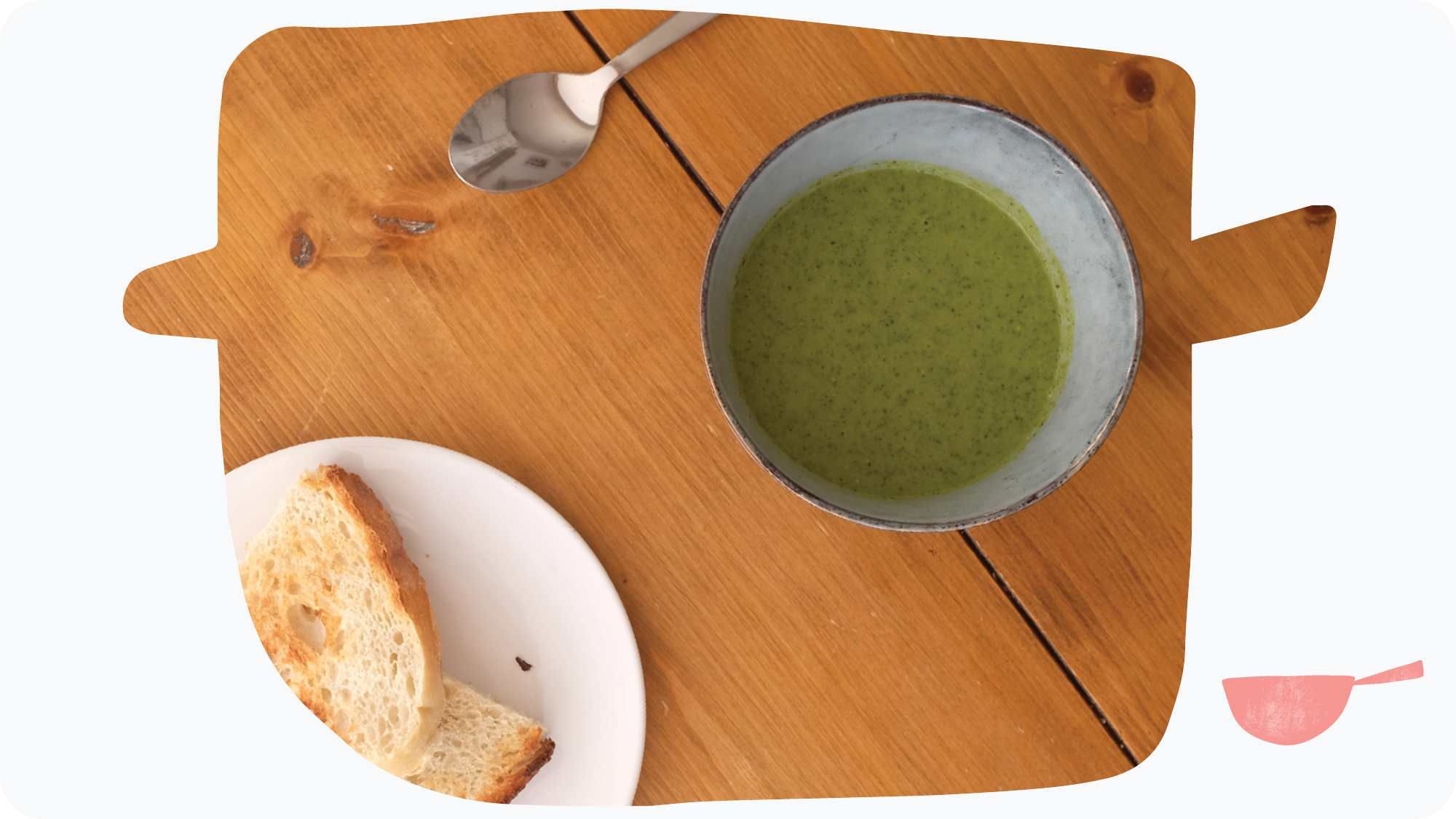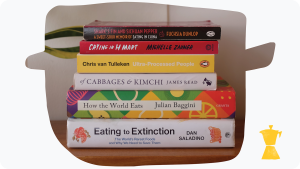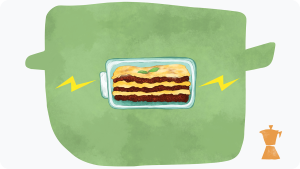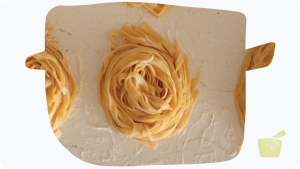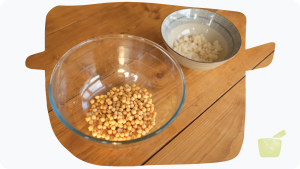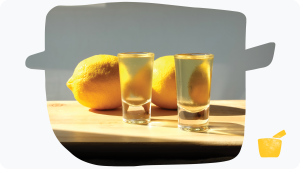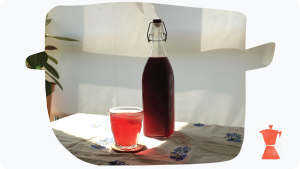How forgetting to buy basil forced me to experiment, and changed my attitude to recipes forever.
Yotam Ottolenghi’s cookbooks are famously full of delicious meals and infuriating complexity (why exactly do I need 3 different types of soy sauce in one recipe, Yotam?) But there is also something reassuring in the sheer number of ingredients and steps they often contain; it gives you confidence that the dish has been thought through, and the impression that – if you approach the recipe with the precision of a science experiment – you’ll be rightly rewarded.
At least that’s how I felt about them, and many other recipes found in respected cookbooks. I’d be very careful not to exceed the 1 tablespoon of olive oil, or ½ teaspoon of salt I was instructed to add, fearing that straying from these guidelines could lead to disaster.
That was until one evening a few years ago when I intended to make a favourite of mine: the courgette, pea and basil soup from Simple (p.53 if you have the book). The problem was that it turned out I had forgotten to buy any basil. As I was too lazy to go to the shop, this forced me into a moment of creativity, which subsequently caused me to re-evaluate my relationship with recipe books.
Making a better soup than Ottolenghi
It is unlikely to surprise you that basil is a rather key ingredient in a courgette, pea and basil soup. I knew I couldn’t simply leave it out, so I set about finding something to substitute in. Looking in my fridge I found two packets of green herbs, one of mint and one of coriander. These fit the bill perfectly for two reasons: first, they were green; second, they were all I had.
Had I not been constrained by the contents of my fridge, I would never have thought (or dared) to change the recipe in such a way. My culinary talents at that time could best be summarised as, “able to improvise a variety of very similar tomato-based pasta sauces.” I knew my way around a kitchen, but I certainly wouldn’t have described myself as a confident or experienced cook.
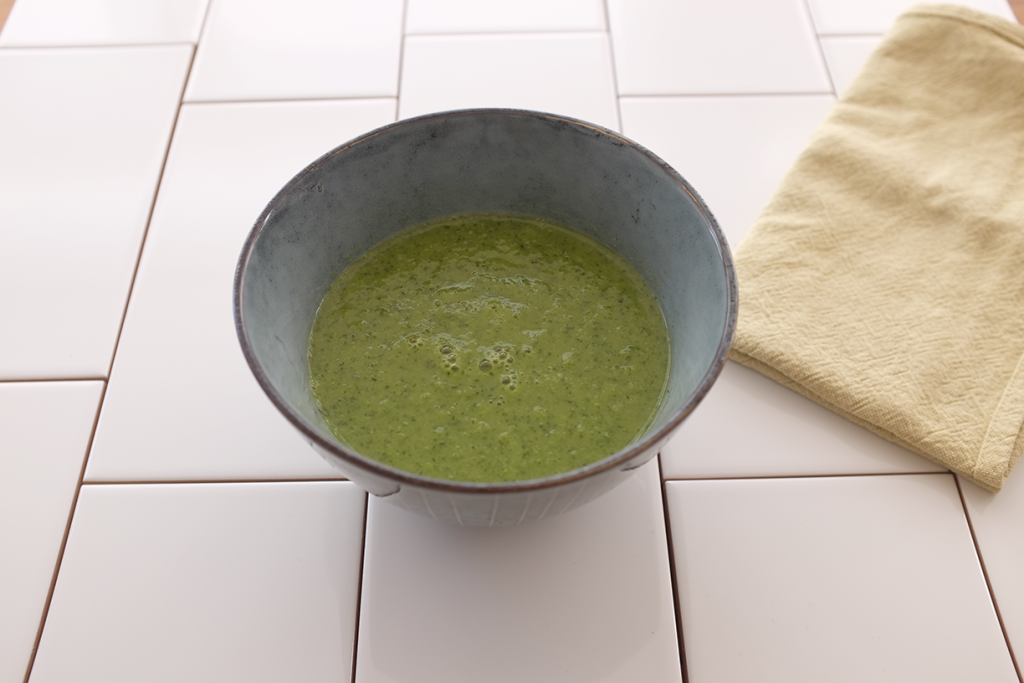
So it was to my great surprise when myself and my housemate sat down to taste my new creation that it was… better than the original. The recipe as found in the book makes a great soup, don’t get me wrong, but (let me shock you here) it tastes mainly of basil. In the version I had stumbled upon, the combination of herbs brings out a wider variety of flavour: the saltiness of the courgettes is balanced by the light, almost citrus-y taste of the coriander, which is complemented by the refreshing taste of the mint and the sweetness of the peas. The flavours balance so well I don’t add the lemon zest or feta to top the soup (as recommended in the recipe) when making it any more. After a bowl I find myself feeling both full and refreshed.
The soup works great as a light lunch in both summer and winter, and (like all soups) it tastes delicious with sourdough bread. Also you can make about 8 portions of the stuff in half an hour, at a combined cost of under a tenner (especially if you don’t need to buy the lemons and feta).
These days, I pretty much always have some tupperwares full of this soup in the freezer for when I can’t be bothered to cook and want a quick and healthy meal.
Reflections on recipes
While it was forced upon me, this initial experiment in departing from a recipe book’s instructions has fundamentally changed the way I cook. There is absolutely nothing wrong with following a recipe to the letter – and I’d actually advise doing so if you’re cooking unfamiliar dishes or cuisines – but learning to see recipes more as guidelines than as rules opens the door to the creativity which is at the heart of all great cooking.
The process of making a dish from a recipe is creative in the literal sense – something is made through the process – but learning which rules can be bent gives you the ability to experiment with flavours or make adjustments to suit your own personal tastes. It also allows you to think on your feet if you suddenly realise you’re lacking an ingredient or need to adjust for specific dietary requirements or allergies.
All I can say is that if I’d remembered to buy some basil at the supermarket a few years ago, I’m certain I’d be a worse cook today. The experience taught me that recipe books aren’t sacred texts, they’re repositories of flavour combinations and instructions on how to prepare food; if you treat them as a starting point for your own experimentation, you can end up with some truly delicious soup.
